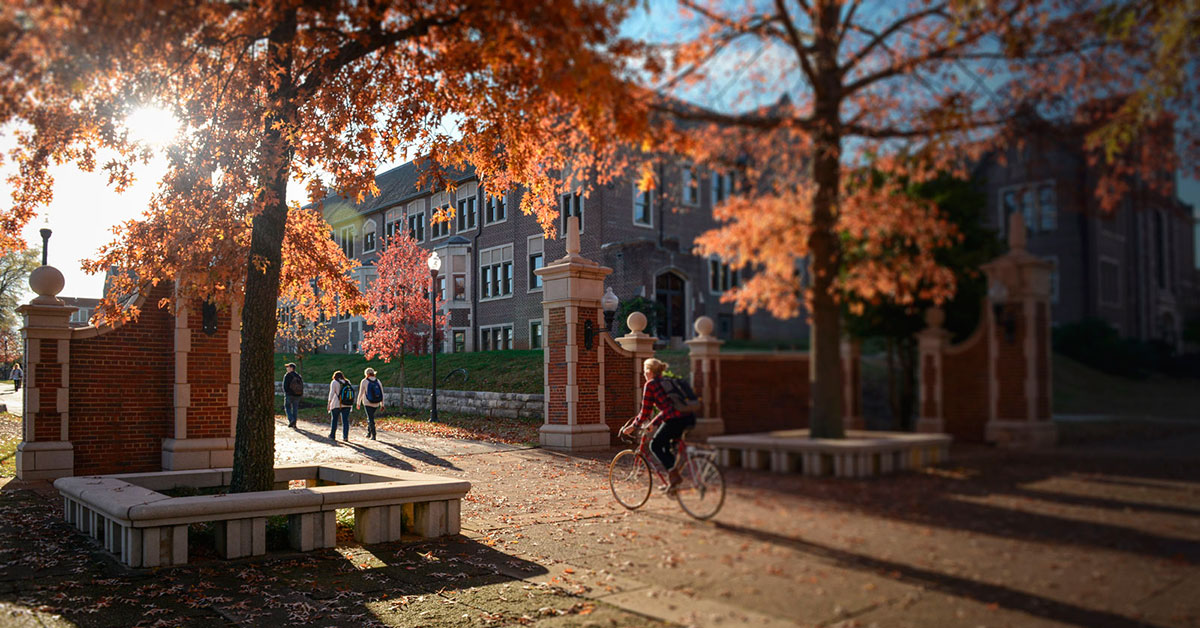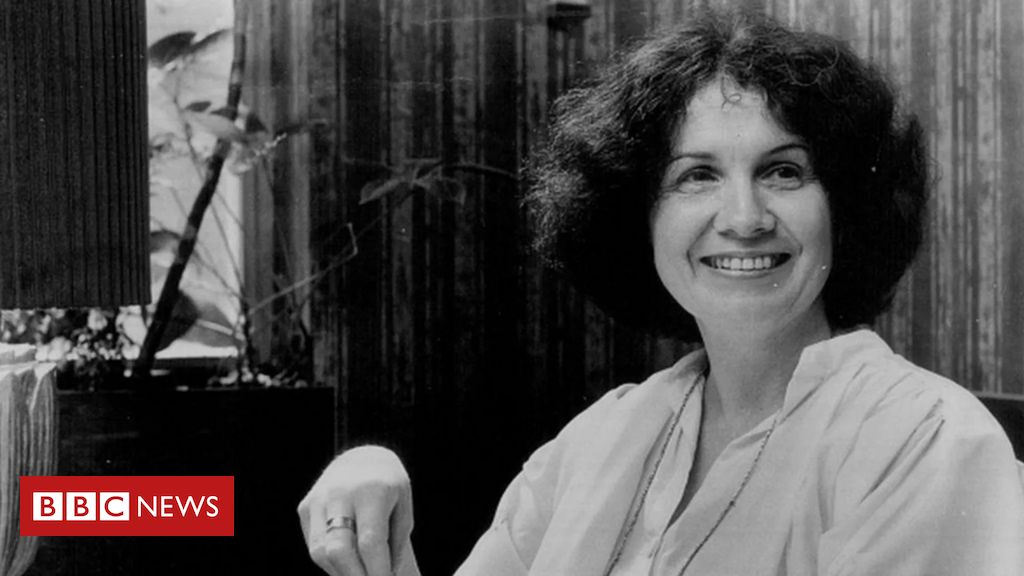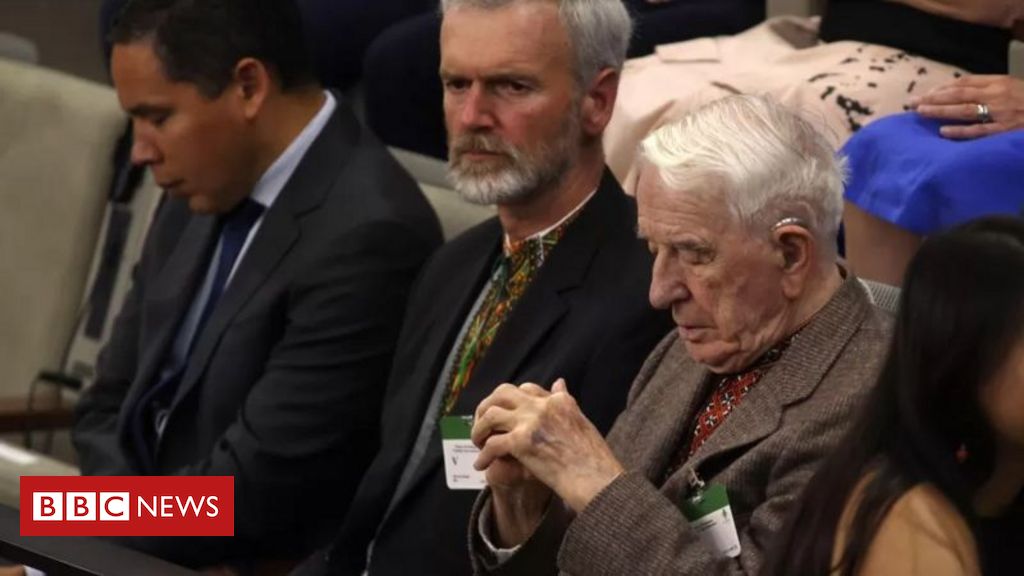Who doesn’t want to live longer? Prolonging the years of life is a common desire. On the other hand, aging is still considered taboo. Fear of aging means the topic isn’t widely discussed and, worse, it means we don’t prepare for aging. Highlighting this topic was the main objective of the Longevity Forum, promoted by Bradesco Seguros. On October 3, in São Paulo, the 16th edition of the event brought together experts from the medical and financial fields and personalities to debate and draw inspiration on the subject.
After all, living longer is already a reality in Brazil. According to data from the IBGE (Brazilian Institute of Geography and Statistics), life expectancy in Brazil increased from 66 years in 1991 to 77 years in 2021, the latest record published by the agency. On the other hand, according to Doctor Alexandre Kalache, gerontologist and Longevity consultant at Bradesco Seguros, full quality of life is still far from seniors. “It’s a challenge because we’re living longer, but not necessarily better. It is therefore a commitment that we must all make to live longer, yes, but with better quality,” he emphasizes. According to Kalache, 28 million elderly Brazilians, out of a total of 33 million, live in conditions of poverty and, therefore, with a questionable quality of life.
Another piece of data that corroborates the importance of discussing longevity is the projection that this population group will become increasingly important. Currently, 15% of the Brazilian population is elderly, and this proportion is expected to double by 2050.
But if aging is inevitable, what should we do to make this process healthier and, at the same time, begin to be treated with the naturalness inherent in it?
The four capitals
Whether he’s giving interviews in a lively and humorous way or performing masterfully on stage, Alexandre Kalache seems like a boy. But the specialist wants to show that there is a 78-year-old man there and that in reality, age is just a number. One of the pioneers in the study of aging and in proposing policies for the elderly, the doctor explains that to achieve a longer and fuller life it is necessary to accumulate four capitals. “Health; knowledge – because whoever does not accumulate knowledge in this evolution of technology will dance; Social capital, and the last one, also very important, is that you have the security of having a roof over of your head, food on the shelves and money in your pocket, even if it is to buy medicine. Anyone can save money and build a nest egg in a country where there is no financial literacy is great,” he says.
Concerning the first point, health, Kalache affirms that there is no big secret. Face the situation head on and be ready to change your habits. “The first thing is nothing new. It’s a lifestyle. You have to take care of your body because it is precious. You have to have an adequate diet, you have to train, do physical activity,” he emphasizes. The expert also believes that it is never too late to adopt a lifestyle focused on longevity.
“What I always say is, if you want to prepare for aging and reach 100, start now. You will still make gains, but the sooner the better. Start now, so you can be a healthy and active sixty-year-old,” he warns.
Committed to spreading a more inclusive culture, Kalache asserts that individual choices alone do not define longevity. According to him, it is necessary to demand that public policies targeting aging and the elderly are actually effective. “It’s complex. Aging in Brazil is premature and a maladaptive process. The pandemic showed us this. See how many people died well before the time of the famous comorbidities, hypertension, diabetes, cardiovascular problems. Let’s do our best to improve your lifestyle and ask the public authorities to prepare appropriate policies that allow you, the youngest, to age better than your parents and grandparents,” he emphasizes.
A simple recipe
We live longer than our parents and grandparents. But, at the same time, we are faced with problems that were apparently not part of the routine of our ancestors, or which were not treated as they should have been.
Stressful routines and mental health are relevant elements in the longevity challenge for current generations. Canadian Kiran Rabheru, a psychiatrist specializing in the elderly, says we need to find ways to manage stress because it has effects beyond just mental exhaustion. “Stress is a part of our lives and it literally sets your body on fire. We call this the inflammatory response. Inflammation biomarkers increase when your body is under a lot of stress. So we need to find different ways to reduce this effect on us,” he says. This inflammatory response can cause chronic inflammation and, consequently, diseases of different dimensions, such as heart problems, cancers, skin and bone diseases and depression.
Concern for social problems is also a relevant point. Yes, we must actively participate in political and social life, but with moderation, balance and combining certain habits important for physical and mental health. “We are not going to change the world. So what can we change? There are three things we can control: what we think, what we feel, and how we react and behave when faced with stress. We can no longer control anything. I don’t know what the president will do tomorrow or what the weather will be like. What I control is my own attention and peace. Combine this with physical activity, social activity and improve your network of relationships and friends,” he explains.
The specialist also explained what he usually prescribes to his patients, the so-called “rule of 20”. “I tell them: ‘you have to give at least 20 smiles, 20 minutes of walking and 20 minutes of talking with someone every day.’ The medications will then be more effective. This is my simple recipe,” he concludes.
The secrets of the stars
In addition to experts, the Longevity Forum also benefited from the participation of celebrities, such as actresses Bruna Lombardi and Zezé Motta. The artists explained to the audience what they were trying to do to maintain their well-being. For Bruna Lombardi, 71, meditation is a constant initiative in her routine. “It’s a deep connection between you and yourself. The best way for us to achieve anything in life is through self-knowledge. This goes for anyone. It’s about discovering within yourself, who you are, working with and overcoming all the labels that society tries to put on you,” says the actress and writer.
At 79, actress and singer Zezé Motta stressed the importance of habits and discipline in her life and career. Zezé exercises regularly, eats a balanced diet and tends to give due importance to rest. “These habits have helped me a lot and every time I talk about them, I really miss my godmother Marília Pêra. I learned a lot from her about discipline. A singer cannot sleep badly, especially the day before a show, because it damages her voice and her breathing. So at my age, you have to have this discipline,” he explains.
* The journalist traveled at the invitation of Bradesco Seguros.

“Prone to fits of apathy. Beer evangelist. Incurable coffeeaholic. Internet expert.”







